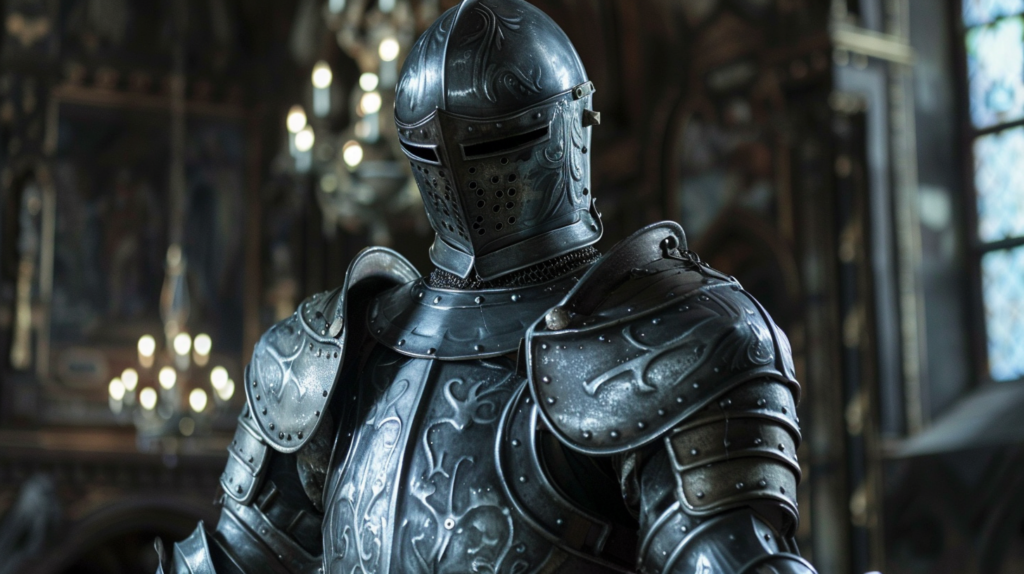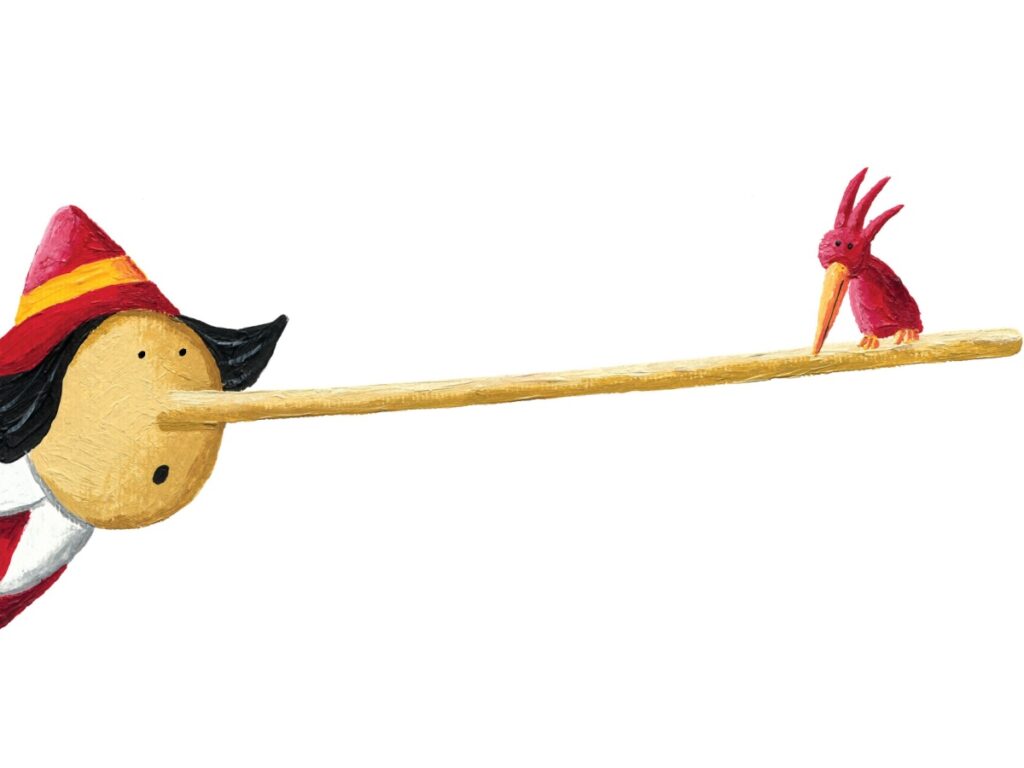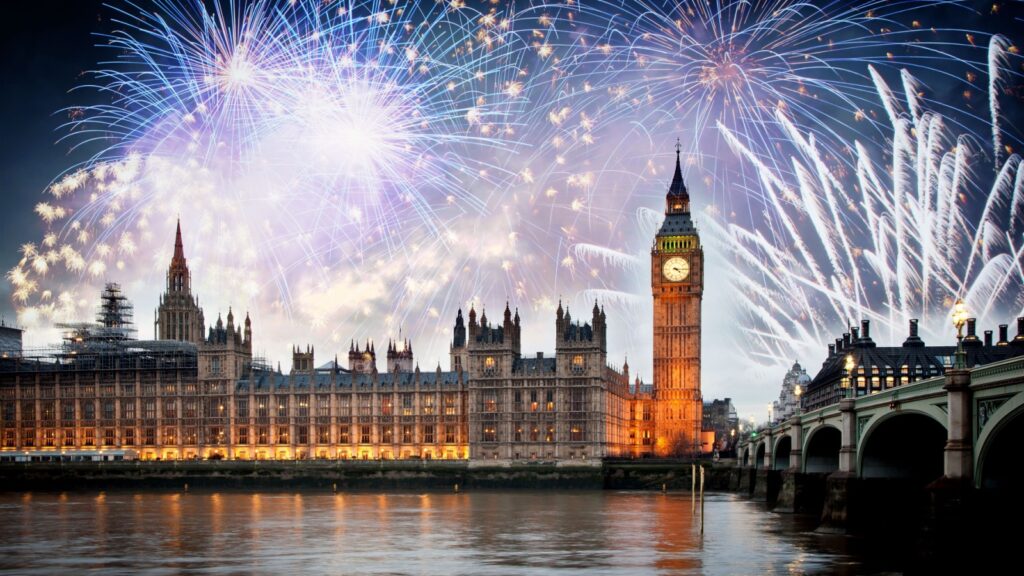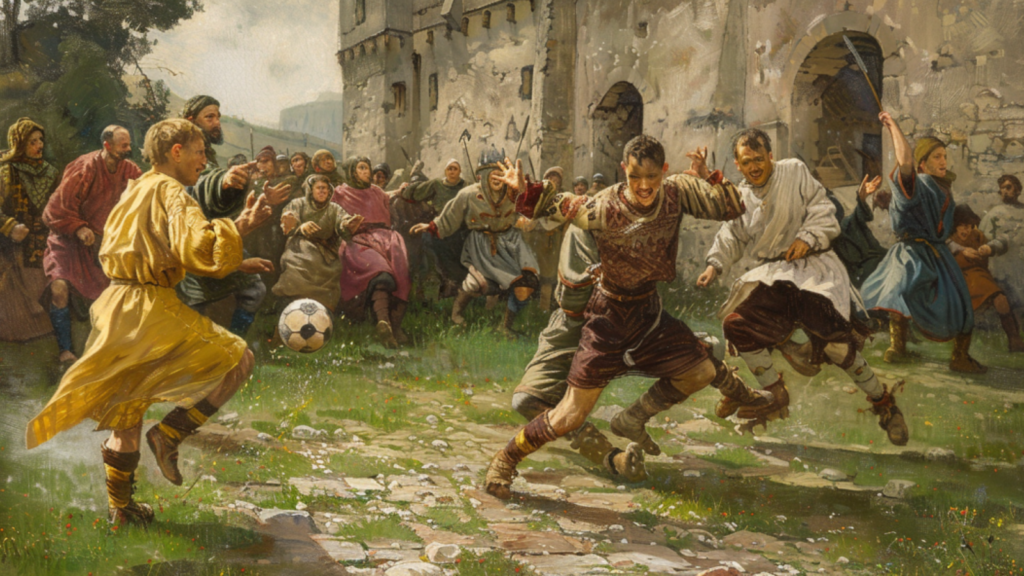I am oddly fascinated by the laws our ancestors had to abide by or risk punishment. What we may laugh at or roll our eyes at today were very real laws in times gone by. And I also wonder if our descendants, a few hundred years from now, will look back at our laws and laugh at the stupidity of their ancestors.
History is full of laws that might make you scratch your head today. And it’s not just in Britain, although we certainly have our fair share. Some of these laws are myths, but many were real, and a few are even still around. From the ancient to the surprisingly recent, there have been some pretty wacky laws all over the world.
Draco’s Harsh Punishments

Back in 7th Century Greece, an Athenian senator named Draco was all about strict punishments. Before him, people settled scores with blood feuds or used locally applicable laws passed down through generations by word of mouth. Draco was the first to write a set of rules for the masses. And boy, did he love the death penalty. Steal a cabbage? Death. Commit murder? Also, death. Draco’s answer to why he was so harsh was basically that minor offenses deserved death, and he couldn’t think of anything worse for bigger crimes. Eventually, Solon, his successor, got rid of these harsh laws, but “draconian” became a word for overly severe punishments.
No Armor in Parliament

The UK has had its share of odd laws. One that’s still technically in effect is the ban on wearing suits of armor in the Houses of Parliament, a rule from 1313. Edward II put this law in place to stop nobles from intimidating others by showing up in armor. This law didn’t save Edward from a rebellion and a nasty end, though.
Dying Is Illegal

Yes, some places have tried to make dying illegal. Ancient Delos purged graves to keep the island pure for worship, eventually banning both death and birth there. More recently, a Brazilian town and three French towns attempted to ban death due to issues with cemetery space. Good luck enforcing that one.
Peter the Great’s Beard Tax

Peter the Great of Russia really admired Western Europe and wanted Russia to look more like it, including how people dressed and styled themselves. Noticing the lack of beards in the West, he introduced a beard tax in Russia. Beards were big in Russia, seen as a sign of closeness to God. If you were wealthy enough, you could pay the tax and get a beard token. Couldn’t pay or lost your token? The police might hold you down and shave you right there on the street. So, beards quickly went out of fashion among those who couldn’t afford the tax.
Nose-Holding Slanderers in the Marketplace

Back in Norman England, if you got caught spreading lies about someone, you’d find yourself in quite the predicament. Not only did you have to cough up a hefty fine to whoever you slandered, but you also had to stand in the busiest part of town, holding your nose, and admit to everyone walking by that you were a liar. This public shaming was the Normans’ way of keeping gossip and slander in check.
Ancient Rome’s Fashion Police

In Ancient Rome, the government was serious about keeping people from splurging on fancy clothes and extravagant parties. They had laws that set a cap on how much you could spend on your wardrobe and your dinner parties. These rules helped reinforce the social pecking order. Only certain people could wear togas, and purple was reserved for the highest ranks of society.
The Mince Pie Controversy

There’s a myth that England once outlawed mince pies. While not entirely true, there’s a bit of truth mixed in. In 1644, all Christmas celebrations were banned, which included eating mince pies, because Christmas Day was a fasting day that year. When Oliver Cromwell took over, his government tried to stop Christmas festivities, including the enjoyment of mince pies.
A serious attempt to ban these pies came in 1656, targeting secret Christmas parties, but that law didn’t go through. Lucky for mince pie lovers, when King Charles II came back in 1660, the strict rules against Christmas and its treats were dropped.
The Monarch’s Right to Whales

In the UK, if you catch certain sea creatures like whales, dolphins, or sturgeon within three miles of the shore, technically, they belong to the monarch. This rule goes way back to Edward II’s time and is still official today.
Caught a sturgeon? You’re supposed to let the King know through the Receiver of the Wreck. No, there’s no app for it; you have to reach out the old-fashioned way, by calling Buckingham Palace, and wait to hear back. They’ll likely tell you to do as you please with your catch, but it’s wise to check first. You wouldn’t want to end up in trouble for not offering up your “Royal Fish”!
Chester’s Sunset Curfew for Welshmen

During the early 1400s, after the Welsh had tried (and failed) to win independence from England, the city of Chester was on edge. So much so that the Earl of Chester decided no Welshman should be in the city after dark, under threat of losing their head. This extreme rule was part of the aftermath of the Welsh rebellion led by Owain Glyndŵr, and it’s unclear if this law was ever officially removed from the books.
Prosecuting the Dead in Scotland

In 16th-century Scotland, the political turmoil was so intense that even death couldn’t save you from being charged with treason. A law from 1542 allowed for the corpses of those accused of betraying the crown to be dug up, put on trial, and punished. These posthumous trials had to happen within five years of the person’s death, making for some of the most bizarre court proceedings in history, where the defendants were quite literally unable to defend themselves.
Forced Celebration of Guy Fawkes Night

Back in the day, after Guy Fawkes and his crew tried and failed to blow up the Houses of Parliament, Parliament wasn’t about to let anyone forget it. By law, everyone had to celebrate the plot’s flop every November 5th, showing gratitude for King James I’s survival. Not joining in the festivities? That made you a traitor too. This rule stuck around until 1859, but the tradition of marking Guy Fawkes Night lives on, fireworks and all.
Don’t Mix Cows and Cocktails

In 1872, Britain decided to crack down on drunken shenanigans, especially when it came to handling large animals like cows in public. It made total sense then, considering the risk of boozy cattle drivers causing chaos. Fast forward, and while we’re not herding cows down main streets anymore, the law still says no to leading cows (or being in charge of any large animal) while tipsy.
A Danish Right to Thwack Swedes?

There’s a wild tale from the Dano-Swedish War of 1657-58, where the Swedish army crossed the frozen Öresund strait, catching the Danes off guard. Post-war, legend has it that Danes earned the legal right to club any Swede found crossing the ice. While it makes for a good story, today, this is more folklore than an enforceable law.
Sunday’s Best: The Flat Cap Law

Once upon a time, England tried to give the wool industry a boost by making everyone (except the nobles) wear woolen flat caps on Sundays and holidays. Skip wearing one, and you’d be fined. The law, from 1571, was scrapped in 1597, but by then, the flat cap had become a bit of a fashion statement.
You Can’t Eat a Frog That Died in A Jumping Contest in California

Calaveras County’s frog-jumping contest is no joke, with thousands of frogs competing. California law takes it a step further, saying you can’t eat a frog that dies during the event. The reason behind this peculiar rule is a bit of a mystery, but it’s still in place, so no frog legs from fallen competitors.
Milan’s Mandatory Smiles

In Milan, there’s an old rule that you have to smile, or you might get fined. This odd law, rooted in the city’s history under Austrian rule, had some exceptions, like if you were at a funeral or in a hospital. The real reason behind this happy-faced mandate is unknown, with theories ranging from making the city look welcoming to masking dissent. These days, though, it’s not something you’ll see enforced.
The Myth of the Pregnant Woman and the Policeman’s Hat

There’s a quirky bit of lore you might hear about in England: a claim that says a pregnant woman can pee anywhere she likes, even in a policeman’s helmet. Well, it turns out this is just a myth and not based on any actual law. Pregnant women, like everyone else, need to follow the rules, which means no free pass to urinate wherever they fancy. So, yes, police hats are safe from such incidents.
Despite the debunking of this peculiar myth, England does have its share of odd laws. Did you know it’s against the law to carry a plank down the pavement, shoot a cannon close to someone’s home, or even be found drunk while in charge of a horse? And let’s not forget the peculiar regulation against handling salmon under suspicious conditions.
When Soccer Was Banned

Football (soccer), a beloved sport with a long history, has faced its share of bans in England, Scotland, and France. Edward III was the first to officially ban it in 1314 within London’s city limits, concerned about the disruption it caused to local merchants and trade. Several kings, including Richard II, Henry IV, and even Henry VIII—who himself ordered football boots—also tried to stamp out the game, mainly to ensure people focused on archery practice instead.
In 1424, James I made playing football punishable by a fine in Scotland, a law that remained largely ignored for centuries. France had its turn, too, banning the game “La Soule” in the 14th century.
A Surprising Pub Rule

Contrary to what you might expect, being drunk in an English pub is officially a no-go. The Metropolitan Police Act of 1839 made it clear that pub landlords couldn’t tolerate drunkenness or disorderly behavior on their premises. The 1872 Licensing Act took it further, penalizing anyone found drunk in a pub. Then, in 2003, the British government made it illegal to sell alcohol to an intoxicated person while on licensed premises.
Katy Willis is a writer, master herbalist, master gardener, and certified canine nutritionist who has been writing since 2002. She’s finds joy in learning new and interesting things, and finds history, science, and nature endlessly fascinating.

